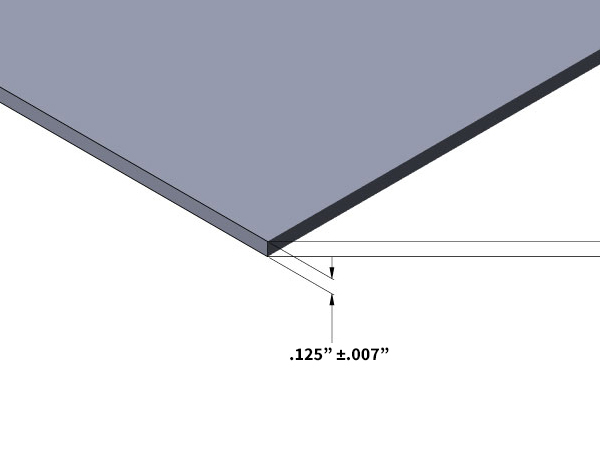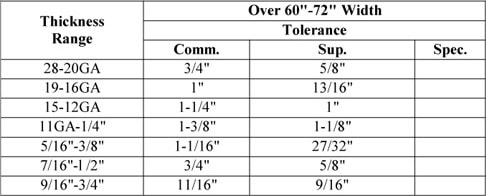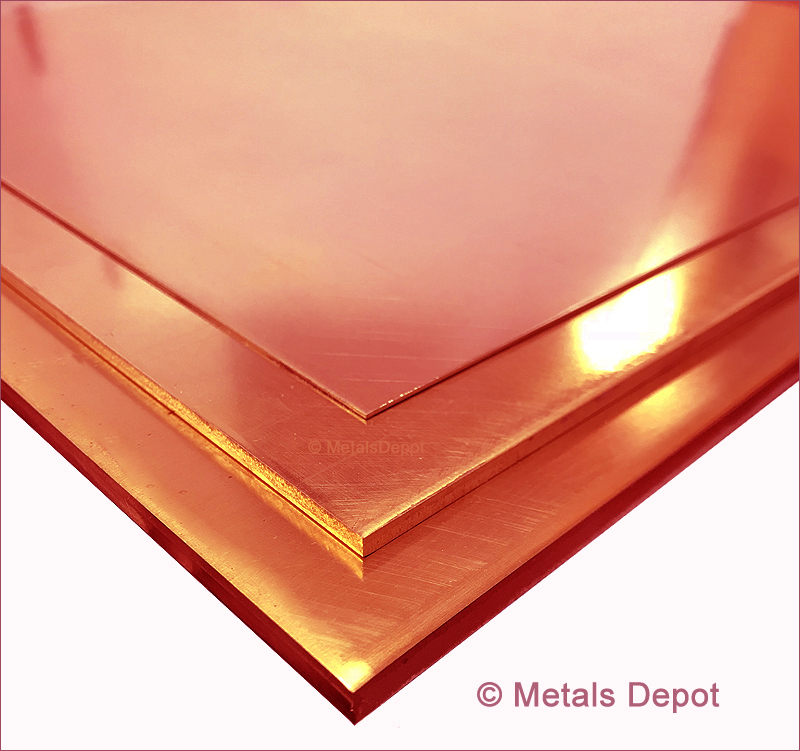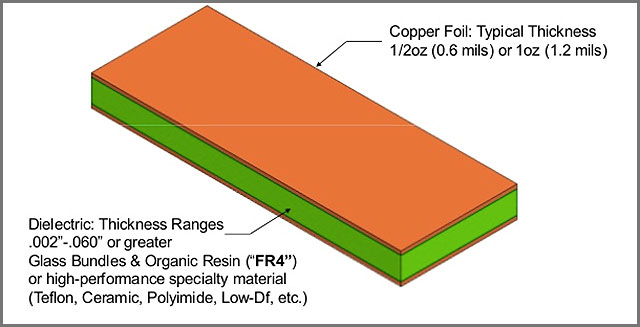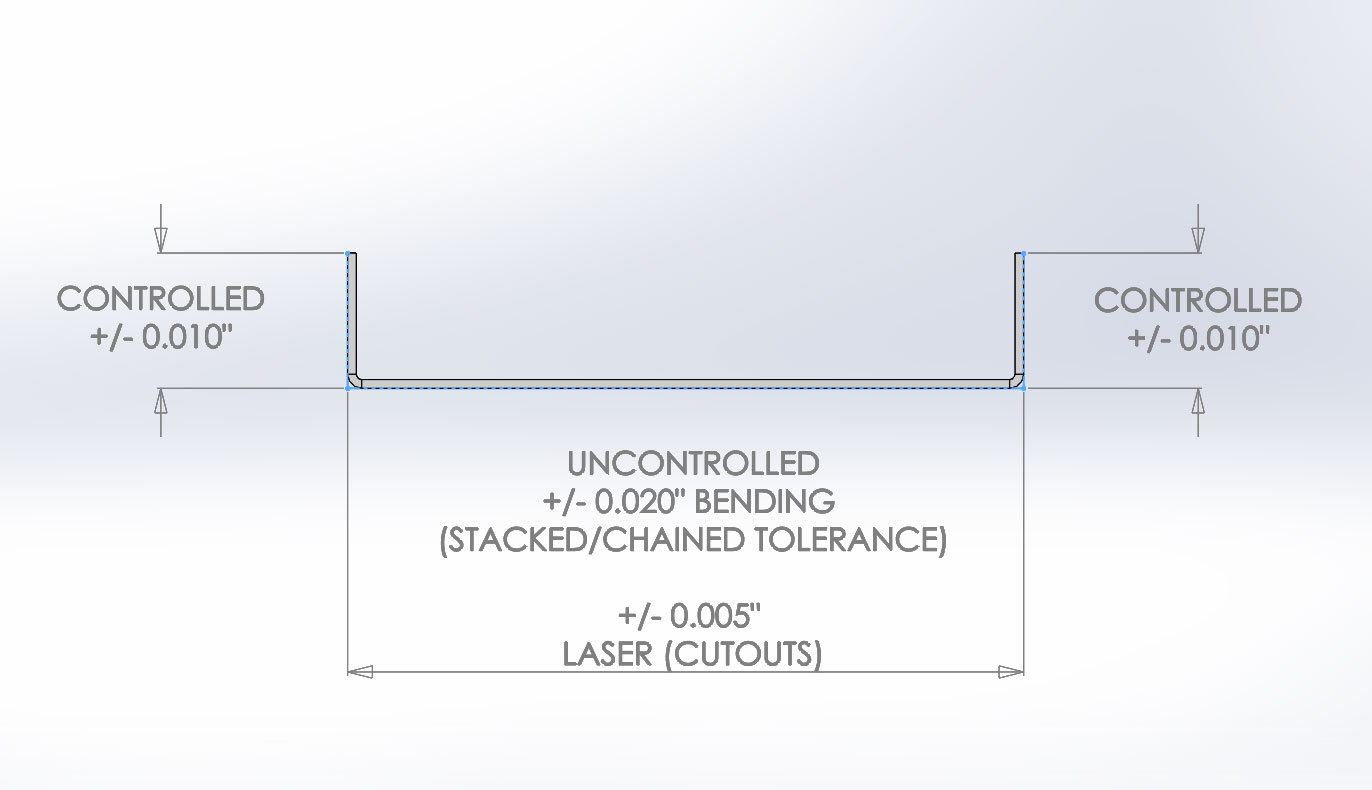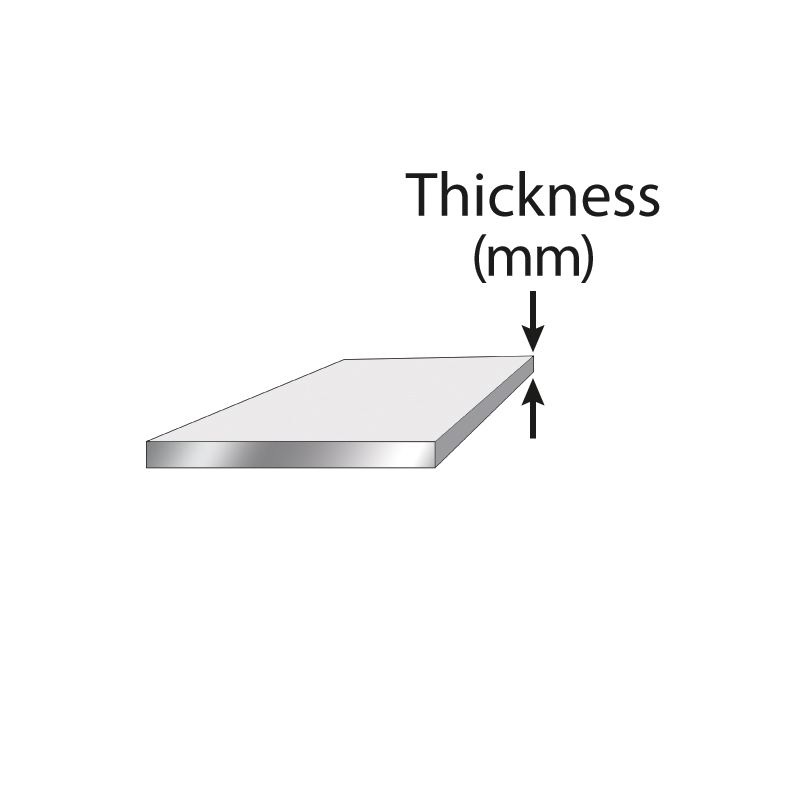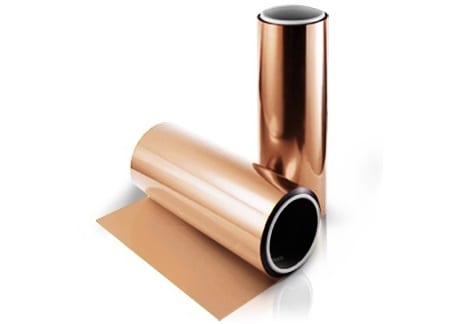Fabrication tolerances for dimensional variance in sheet metal and machined parts standard tolerances for copper usually choosing material thickness is one of the first steps a designer takes when starting a project.
Copper sheet metal thickness tolerance.
Typically a customer will be satisfied with a certain range on a metal sheet.
The annealing temperature of 110 copper is 700 1200 f.
Sheet metal is manufactured and delivered from the processing mill rolled to the standard thickness that you specify which is now metric.
Sheet metal gauge thickness chart 2019 10 24t01 36 33 00 00 when working with sheet metal the term gauge is often used.
Oxygen free coppers are made for welding operations if needed.
The sheet metal does however have a tolerance on the rolling thickness which needs to be taken into account when designing a tight fitting assembly especially as the sheet metal material gets thicker.
Gague are used to specify the thickness of a metal sheet.
110 copper can be soldered with good results.
Also called 26 gauge the 16 mil copper weighs approximately 12 ounces per square foot.
16 mil 016 inches thick 26 gauge.
Sheet metal guage tolerances.
If the application can still be successful with a wider ranging metal tolerance then that is usually the best option.
0 020 0 0035 copper.
Keep in mind that some manufacturers distributors and end users get the gauge thickness wrong.
The 16 mil is approximately 1 5 times thicker than the 10 mil.
A tolerance of 48 000 0 125 inches by 96 000 0 125 inches is much quicker to produce and can be done at a lower cost.
The recommended hot working temperature for 110 copper is 1400 1600 f.
Contact us to know more about our reference chart in cincinnati louisville.
It would take approximately 62 5 sheets of 16 milstacked on top of each other to make an inch.
At american metal supply we provide the chart to calculate thickness and sheet tolerance in inches and the weight for various gauges.
The tolerances in the table and attachments reflect current manufacturing practices and commercial standards and are not representative of the manufacturer s standard gauge which has no inherent tolerances.

